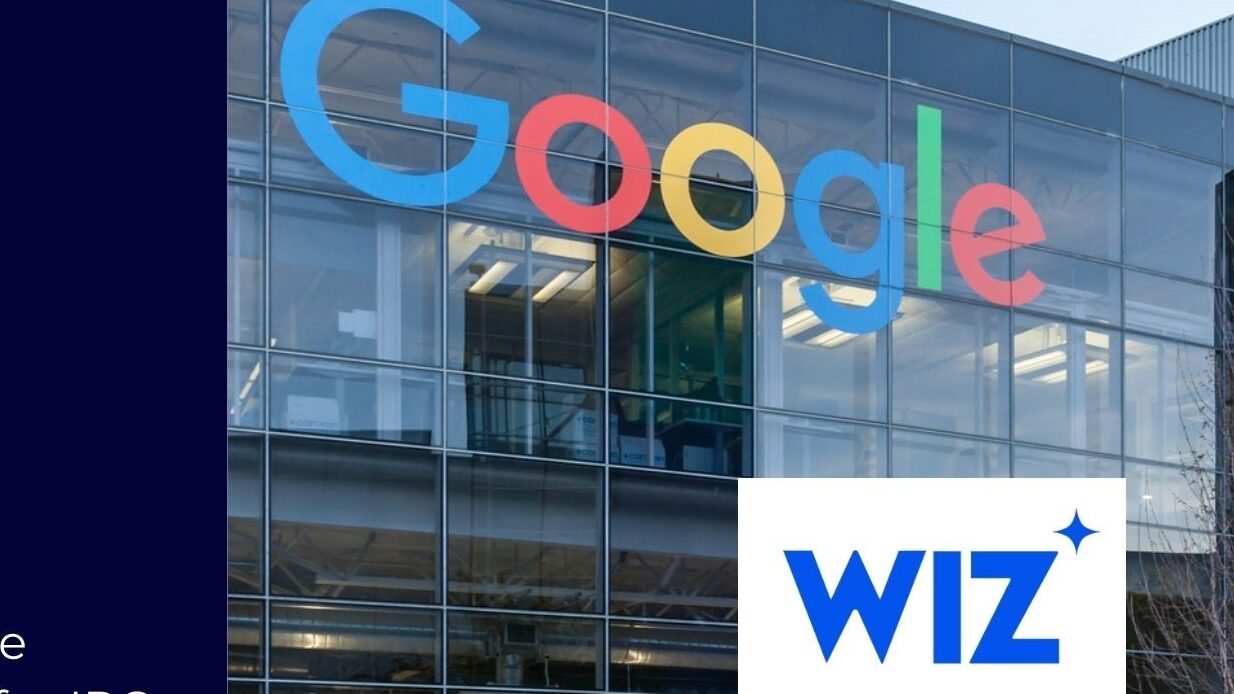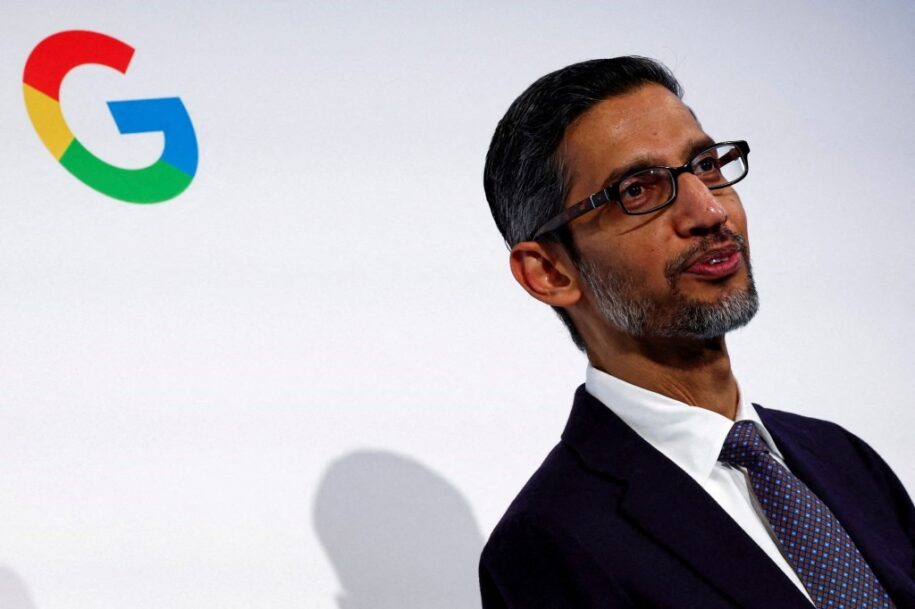In a bold move, Wiz, a cloud security startup, has decided to abandon acquisition talks with Google parent Alphabet, despite a staggering $23 billion offer. This would have marked Google’s largest acquisition to date. The decision, influenced by antitrust concerns, has generated significant buzz in the tech industry, highlighting the complexities of large-scale mergers and acquisitions.
Background on Wiz
Wiz is a New York-based cloud security startup founded in 2020 by Assaf Rappaport, a former officer from Israel’s elite 8200 military intelligence unit. The company specializes in securing corporate cloud infrastructure by creating a normalizing layer between cloud environments, allowing businesses to quickly identify and mitigate critical risks. With rapid growth, Wiz has positioned itself as a leader in the cloud security market, boasting a valuation of $12 billion following a $1 billion funding round in May 2024.

Details of the Proposed Acquisition
Google’s interest in Wiz was driven by the desire to enhance its cloud security capabilities. The proposed $23 billion acquisition was nearly double what Google paid for Motorola Mobility in 2012 and would have significantly bolstered Google Cloud’s competitive edge against rivals Amazon Web Services and Microsoft Azure. However, the deal faced potential regulatory hurdles, especially given the Biden administration’s aggressive stance on antitrust issues.
Antitrust Concerns
Antitrust laws are designed to maintain fair competition and prevent monopolies. In recent years, regulatory bodies have intensified scrutiny on tech giants like Google, which is already facing multiple antitrust lawsuits from the U.S. Department of Justice. The acquisition of Wiz could have raised additional concerns about reduced competition in the cloud security market, possibly leading to higher prices and less innovation.
Decision to Walk Away
Facing the prospect of a prolonged regulatory approval process and the risk of antitrust litigation, Wiz chose to withdraw from the acquisition talks. CEO Assaf Rappaport communicated to employees that the company would instead focus on pursuing an initial public offering (IPO). This decision aligns with Wiz’s strategy to maintain its independence and continue its rapid growth trajectory without the constraints that might come with being part of a larger corporation.

Impact on Google
The failure to acquire Wiz is a setback for Google, which has been actively seeking to strengthen its cloud security offerings. Google Cloud, under the leadership of Thomas Kurian, has made significant strides but still lags behind AWS and Azure. The acquisition of Wiz was seen as a strategic move to close this gap. Despite this setback, Google continues to explore other avenues to enhance its cloud security portfolio, leveraging its previous acquisitions like Mandiant and Siemplify.
The Israeli Tech Ecosystem
Wiz’s story underscores the strength of Israel’s tech ecosystem, particularly its cybersecurity sector, which has been significantly influenced by the country’s military intelligence units. Many successful tech entrepreneurs, including Wiz’s founders, are alumni of the 8200 unit. Israel has become a global tech hub, second only to Silicon Valley, with a robust pipeline of startups emerging from its military and academic institutions.
The Future for Wiz
By opting for an IPO, Wiz aims to retain control over its future and secure the capital needed for further innovation and expansion. The company has already made substantial strides, securing a customer base that includes 40% of Fortune 100 companies and achieving $350 million in annual recurring revenue. Wiz’s decision to go public is expected to attract significant investor interest, given its strong market position and growth potential.

Industry Implications
Wiz’s decision to walk away from the acquisition has broader implications for the tech industry. It highlights the growing importance of regulatory considerations in merger and acquisition strategies. Other startups may take a cue from Wiz, prioritizing independence and organic growth over potentially restrictive acquisition deals. Additionally, this move could spur further investment in the cloud security sector as companies recognize the increasing importance of robust cybersecurity solutions in an era of escalating cyber threats.
Conclusion
Wiz’s decision to reject Google’s $23 billion acquisition offer and pursue an IPO is a testament to the company’s confidence in its growth prospects and commitment to maintaining its innovative edge. This move not only ensures continued competition in the cloud security market but also reflects the dynamic nature of the tech industry, where regulatory landscapes and strategic priorities are constantly evolving.
Join the Founders Lab
Ready to take your startup to the next level? Join the Founders Lab at pplelabs. The Founders Lab is an accelerator program that gives its founders the resources needed to build and scale their products, whether it’s apps, websites, or cloud solutions. The program offers access to:
- Developers: Frontend, Backend, DevOps, and QA engineers.
- Designers: UX, UI, Graphic, Content, and Product designers.
- Product Managers: Technical PMs and Scrum Masters.
- Marketers: Customer Success experts and Growth Hackers.
Don’t miss this opportunity to elevate your startup with expert support and resources. Limited spaces, you can apply here.
FAQs
What is Wiz? Wiz is a cloud security startup that specializes in securing corporate cloud infrastructures, allowing businesses to quickly identify and mitigate critical risks.
Why was Google interested in acquiring Wiz? Google aimed to enhance its cloud security capabilities by leveraging Wiz’s advanced technologies and market position, thereby strengthening its competitive edge against AWS and Microsoft Azure.
What are antitrust concerns? Antitrust concerns arise when a company’s actions, such as acquisitions, could potentially reduce market competition, leading to monopolistic practices and negatively impacting consumers.
How does this decision impact Wiz? By rejecting the acquisition offer, Wiz will continue to operate independently, focusing on growth and innovation while pursuing an IPO to secure additional capital.
What could this mean for future tech acquisitions? This decision may lead to increased regulatory scrutiny of tech mergers and acquisitions, encouraging startups to consider alternatives to being acquired by larger firms.


Leave a Reply